

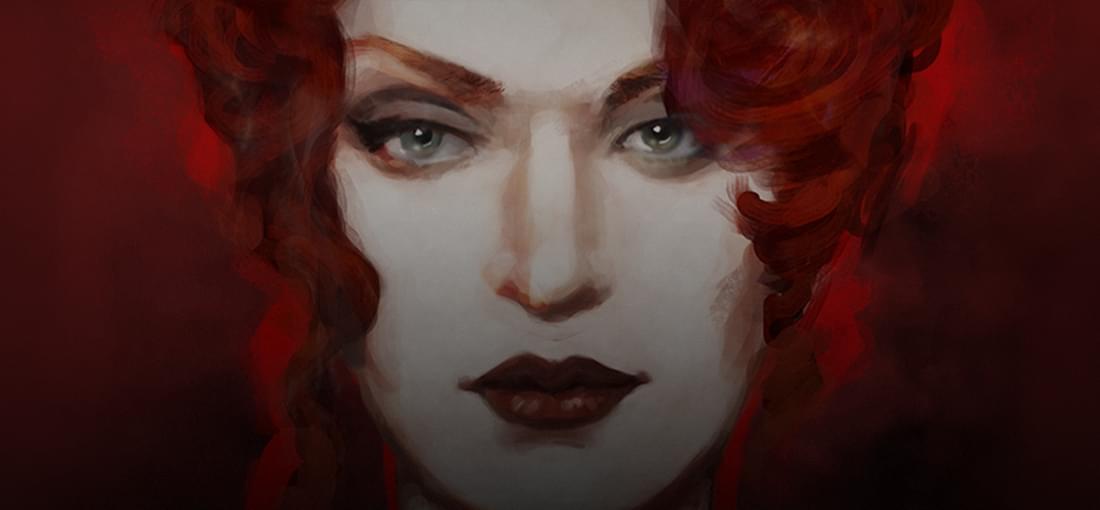
Unfortunately, VTM: Coteries of New York is underbaked, which is disappointing, because for VTM, visual novels sound like the perfect medium. There is a lot of dialogue, scheming, lovely artwork, interesting characters, and good ambient music. However, the game sprints to the third act, and there are typos and incomplete text - giving me the impression that the developers were not given enough time or possibly resources to finish this game. Whatever the reason, I was disappointed overall, because there is a good game here; it just wasn't finished properly. If there's another VTM visual novel in the future, I hope it's given the time and resources it deserves - instead of being slapped together and shoved out the door.
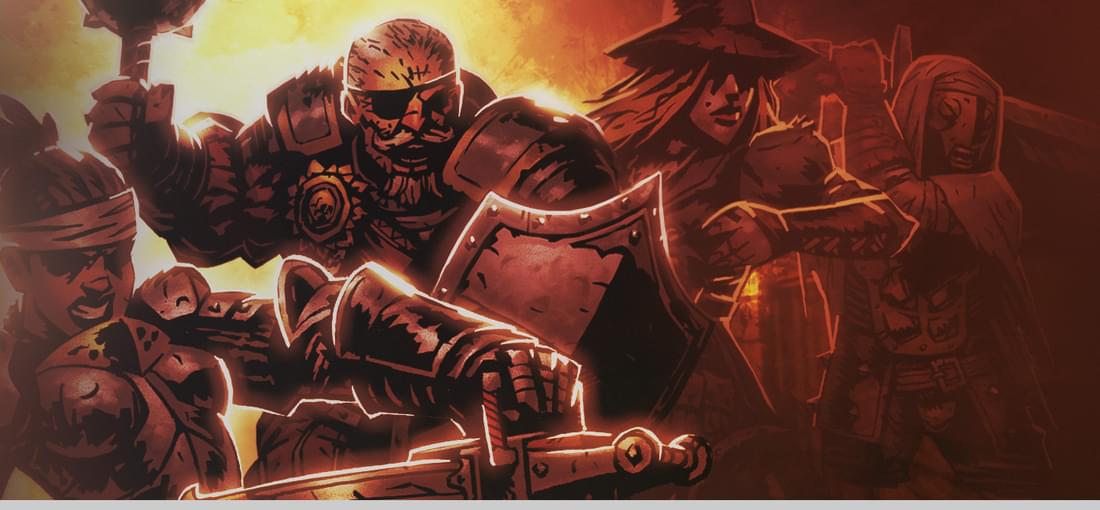
After investing many, many hours into this game, I gave up. I watched playthroughs, read guidelines and tips, and even listened to a podcast where the creators, Red Hook, were interviewed - just to get where they were coming from. Pros: This game has a wonderfully Lovecraftian aesthetic, which I love quite a bit. As someone who enjoys turn-based games and plays tabletop RPGs, I can appreciate the battle system and strategy that's needed to succeed in a game like this. It's more about being a thinker than having fast reflexes (i.e. fighting games or shooters). The story is engaging; the characters fascinating. (The leper and plague doctor are my favorites.) Cons: This game kicks you when you're down and keeps kicking you until you're in a death-spiral. I understand that the creators wanted to cultivate a tense atmosphere where stressors and debilitating conditions stack if you don't prep or take care of your characters properly. However, I found that even when I took great pains to manage my characters responsibly, I wast still punished in a way that I found unbalanced, where the game was hard just for the sake of being hard rather than being fair. Even my friend, who has repeatedly beaten Bloodborne, all 3 Dark Souls, and Demon Souls, gave up on this game in frustration because he found it unnecessarily hard and unbalanced. (Lastly, the narrator at times was a bit much, and the game should reduce the frequency of his comments.) Overall, I found that the positive and negative traits of this game roughly cancelled each other out with the negative traits sapping whatever enjoyment I did get out of it.
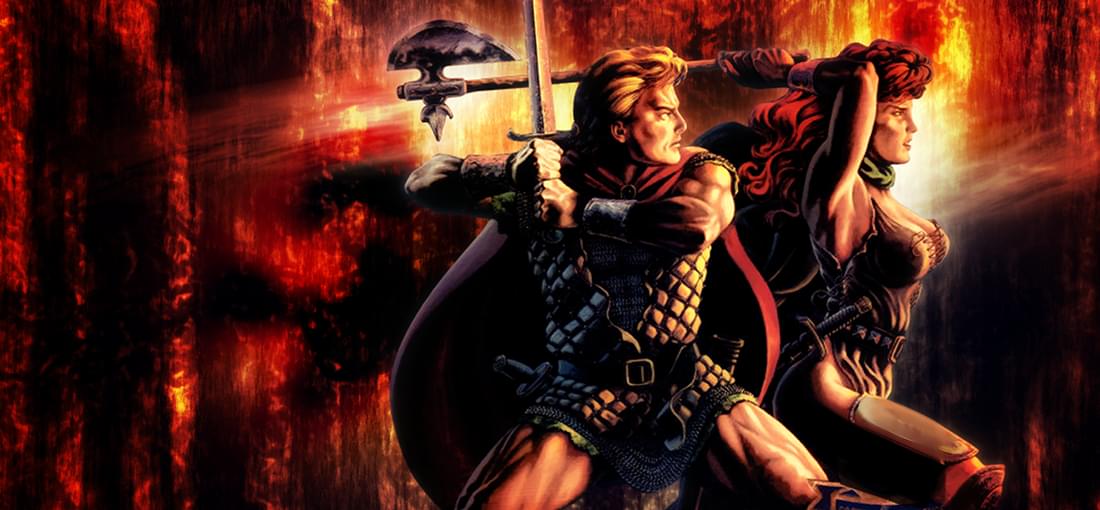
I feel bad for assigning this game 2 stars. But after attempting to play it on several different occasions, I found myself frustrated and confused every time. This game is not user-friendly. There are no tutorials - only PDFs to read on how combat works and how to create PCs. So, by today's standards, not a good game. However, back in the '90s, I'm sure this was a fantastic game and probably would have received at least 4/5 stars instead of 2/5. I think this game would benefit tremendously from a face-lift similar to what Shadowgate received.
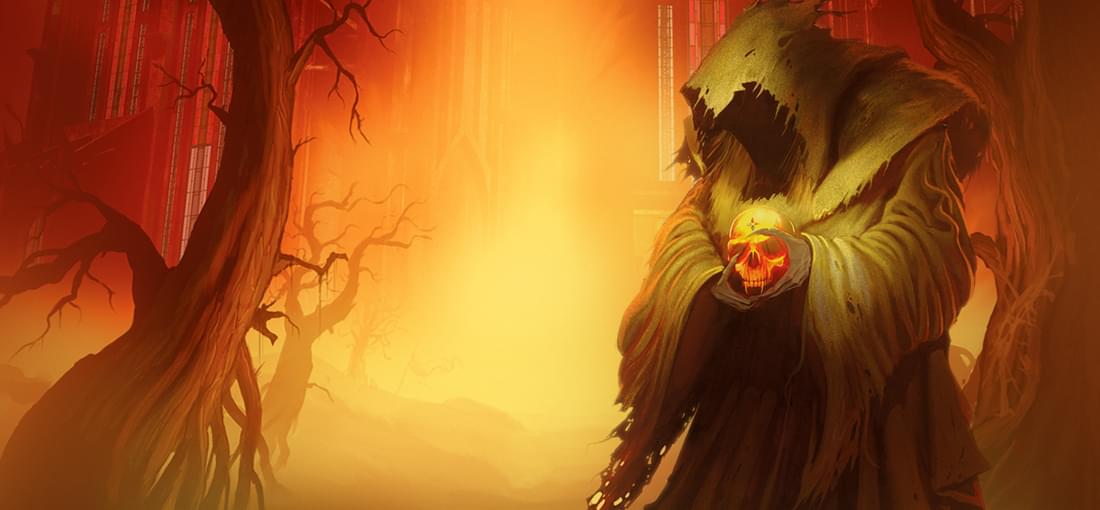
I fondly remember playing AD&D in the Greyhawk campaign world, and I was thrilled when this game came out... Then I realized it was riddled with bugs, had horrible voice-acting, and uninspired background music. But there are some positive points to this game: good turn-based combat, nostalgia, and the challenge of beating it. I've beaten this game at least twice and always felt rewarded in the end. I suppose it's similar to how Dark Souls players feel after beating a hard boss after dying over and over and over again.
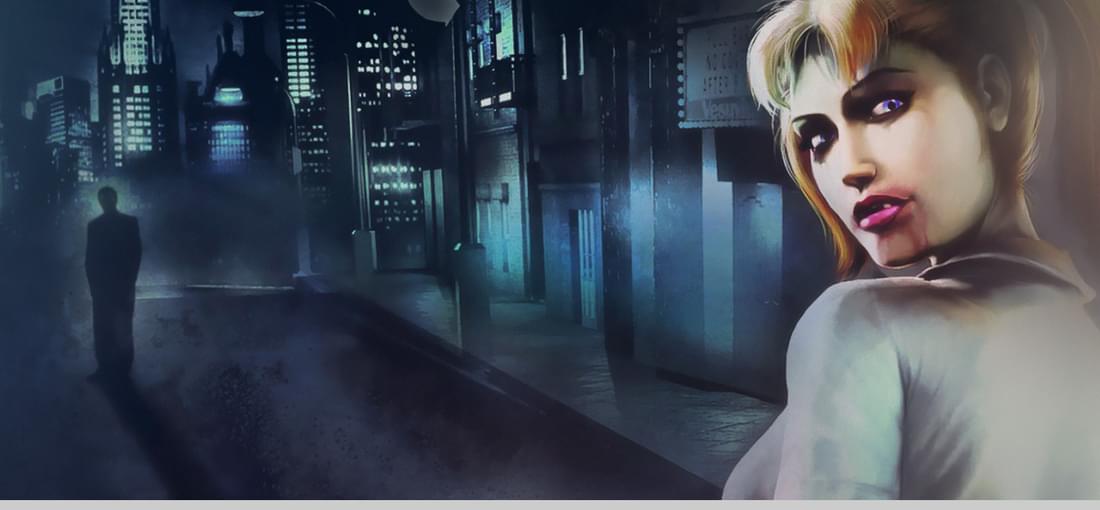
I remember playing this gaming when I was in high school and then replaying it throughout college. Even though this game was buggy and needed the fan-made patches, it was still a good game overall with rich storytelling, fascinating lore, intriguing characters, good dialogue, and challenging (in an enjoyable way) combat. What makes this game truly great is its replayability. There are so many ways to solve quests: you can be the muscle and fight your way through or be the charmer who talks your way out.